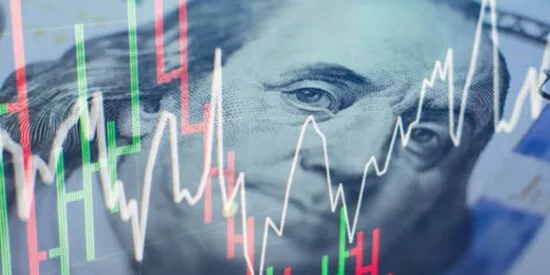
High-yield / Non-investment grade
What is High yield/Non-investment grade?
A high-yield debt security pays a high return to compensate for the larger counterparty risk associated with the investment. Counterparty risk (risk of loss due to the default of a counterparty) can be measured and rated. The main rating agencies (Standard & Poor's, Fitch, Moody's) evaluate issuers' ability to repay their debts, i.e., to repay the right amounts on the right dates, and assign them a corresponding rating.
Bond Ratings | |||
Moody’s | S&P | Fitch | Category |
Aaa | AAA | AAA | Investment grade |
Aa1 | AA+ | AA+ | |
Aa2 | AA | AA | |
Aa3 | AA- | AA- | |
A1 | A+ | A+ | |
A2 | A | A | |
A3 | A- | A- | |
Baa1 | BBB+ | BBB+ | |
Baa2 | BBB | BBB | |
Baa3 | BBB- | BBB- | |
Ba1 | BB+ | BB+ | High yield Non-Investment grade Speculative grade |
Ba2 | BB | BB | |
Ba3 | BB- | BB- | |
B1 | B+ | B+ | |
B2 | B | B | |
B3 | B- | B- | |
Caa1 | CCC+ | CCC | |
Caa2 | CCC | ||
Caa3 | CCC- | ||
Ca | CC | CC | |
C | C | C | |
D | D | D | Default |
Higher quality bond issuers (AAA to BBB-) are considered investment-grade or good quality. Issuers with a rating of BB+ to below are seen as riskier, and they are typically referred to as non-investment grade, speculative grade or high yield. From the investor’s point of view, high-yield bonds can be attractive because of the higher expected return compared with securities with low counterparty risk.
Our latest news and insights

Hatem Mustapha and Francisco Oliveira are co-heading Societe Generale Global Markets business. Together, they answered...

Atawey is leading the charge in hydrogen mobility, recently securing €22 million in funding to expand hydrogen...

We are delighted to be participating to the upcoming SIBOS conference, the world’s premier financial services event...